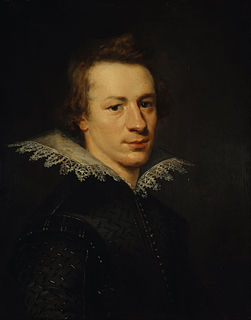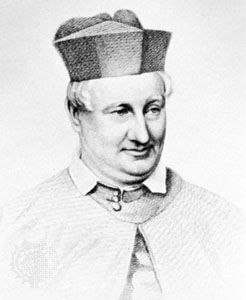Цитата Уильяма Шекспира
Тот, кого музыка его собственного тщеславного языка увлекает, как чарующую гармонию.
Темы цитат
Связанные цитаты
Мода, предводительница болтливого поезда, Которой человек во вред себе позволяет править, Которая меняет и меняет все, кроме своего облика, И хочет низвести свой народ до обезьяны, Плодородный родитель оскорблений и несправедливости, Держит Узурпировав власть над его языком, Там сидит и подсказывает ему с его собственным позором, Предписывает тему, тон и гримасу, И, когда она закончит в своей своенравной школе, Называет джентльмена, которого она сделала дураком.
Как сладко лунный свет спит на этом берегу! Здесь мы будем сидеть, и пусть звуки музыки Ползучая в наших ушах; мягкая тишина и ночь Становятся прикосновениями сладкой гармонии. Сядь, Джессика: посмотри, как небесный пол Толсто инкрустирован патинами яркого золота; Нет ни малейшего шара, который ты видишь, Но в своем движении, как ангел поет, Все еще вопрошая молодооких херувимов. Такая гармония есть в бессмертных душах; Но пока это грязное одеяние разложения Плотно закрывает его, мы не слышим его.
Какой ранний язык так сладко приветствует меня? Молодой сын, он утверждает, что голова с чумой Так скоро пожелает доброго утра в твою постель: Забота наблюдает за каждым стариком в глазах, И там, где живет забота, никогда не ляжет сон; Но там, где юноша без синяков с незаложенным мозгом Укладывает члены свои, Там царит золотой сон.
Нет языка, чтобы произнести его панегирик; Слишком ярко пылало его великолепие для наших глаз: Гораздо легче осудить его обидчиков, Чем языку достучаться до его ничтожной ценности. Он в царства греховности сошел, Чтоб человечество научить; восходя затем к Богу, небо открыло ему свои высокие врата, которым его страна отказалась открыть ее. Неблагодарная земля, на свою беду Кормилица своей судьбы! Это тоже хорошо учит, Что величайшие беды падают на совершеннейших. И среди тысячи доказательств достаточно того, Что, как его изгнанию не было равных, Так и никогда не было человека более великого, чем он.
Здесь, когда трудящаяся рыба подходит к подножию И обнаруживает, что своей силой, но напрасно, он борется; Хвост вцепился в зубы и, согнувшись, как лук, То, что по компасу натянуто, Ввысь бросает себя: Затем, взмыв ввысь, как маленький жезл, Тот, согнувшись конец к концу и взмахнув рукой, Далеко от себя отбрасывает. так же как и лосось. И если сперва он потерпит неудачу, то второй кувырок Он мигом пробует и из своего проворного кольца, Все так же зевая, никогда не уходит, Пока сам не бросится Над струящейся вершиной окруженной кучи.
Каждый человек сочиняет музыку своей жизни. Если он ранит другого, он вносит дисгармонию. Когда его сфера нарушена, он сам нарушен, и в мелодии его жизни возникает диссонанс. Если он может вызвать в другом чувство радости или благодарности, тем самым он прибавляет к своей собственной жизни; тем самым он становится самим собой гораздо более живым. Сознательно это или нет, но его мысль улучшается от радости или благодарности другого, и благодаря этому его сила и жизненная сила возрастают, а музыка его жизни становится более гармоничной.

































